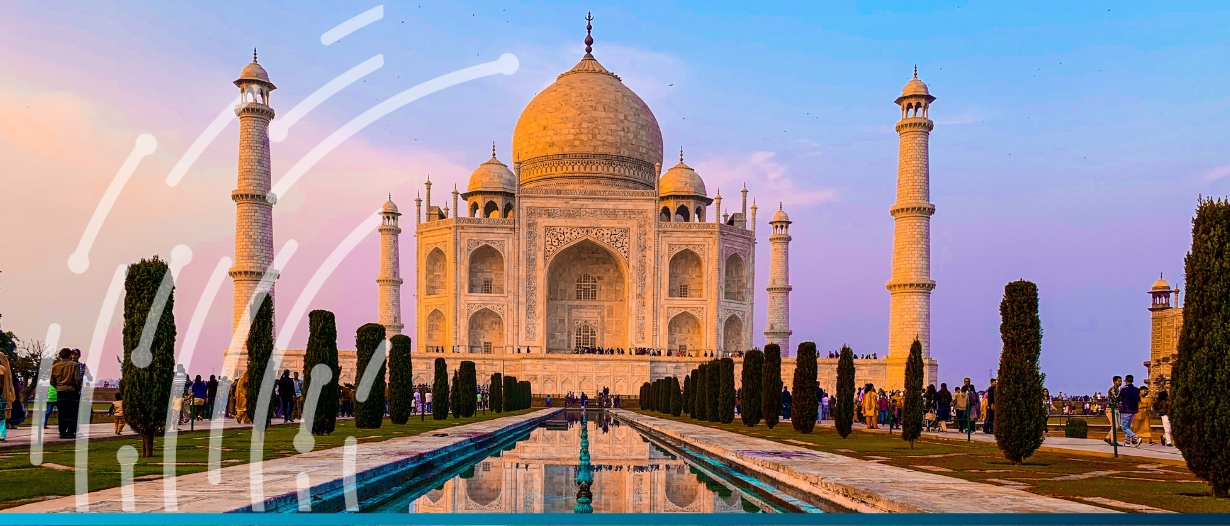India has finalised a free trade agreement worth $100 billion with the European Free Trade Association (EFTA), comprising Switzerland, Norway, Iceland, and Liechtenstein. This deal will see India reducing import duties on a broad spectrum of industrial goods from these nations over a 15-year period, in exchange for substantial investment.
Announced on Sunday, the free trade agreement culminates from 16 years of detailed discussions, promising to channel investment into key Indian industries such as pharmaceuticals, machinery, and manufacturing.
EFTA members, all situated outside the European Union, are set to gain entry into India’s burgeoning market, which boasts a population of 1.4 billion, as noted by Piyush Goyal, India’s Minister for Commerce and Industry.
Goyal stated, “The India-EFTA Trade and Economic Partnership Agreement [TEPA] marks a historic milestone in our growing partnership,” following the signing ceremony in New Delhi. He further elaborated that the agreement is poised to enhance exports, stimulate investment, and create job opportunities, contributing to mutual growth and prosperity.
India’s recent trade endeavours include agreements with Australia and the UAE, with a forthcoming deal with the UK nearing conclusion. These efforts align with Prime Minister Narendra Modi’s objective to reach $1 trillion in yearly exports by 2030.
According to a statement from the Swiss government, the agreement entails India agreeing to eliminate or reduce substantial customs duties on 95.3% of industrial imports from Switzerland, excluding gold, either immediately or progressively.
Jan Christian Vestre, Norway’s Industry Minister, highlighted in a separate statement the challenges Norwegian companies face due to high import taxes in India, which can reach up to 40% on certain items. He said, “With the new deal, we have secured nil import taxes on nearly every Norwegian good.”
The deal also promises more favourable trade conditions for Indian agricultural exporters through tariff concessions in the EFTA region and opens up employment opportunities for professionals within the EFTA zone.
Goyal described the agreement as a modern, fair, and equitable trade agreement that benefits all involved parties. It incorporates novel aspects like intellectual rights and gender equity.
For the agreement to be activated, it requires ratification from all signatory nations, with Switzerland aiming to complete this process by 2025. This development occurs as India gears up for general elections scheduled by May, where Modi will campaign for a third term in office.
EFTA ranks as India’s fifth-largest trading partner, following the EU, the US, the UK, and China, with bilateral trade reaching $25 billion in 2023, according to India’s Ministry of Trade. Established in 1960 to serve as a balance to the EU, EFTA has since inked approximately 30 trade agreements with around 40 countries and territories outside the EU.
 Australia
Australia Hong Kong
Hong Kong Japan
Japan Singapore
Singapore United Arab Emirates
United Arab Emirates United States
United States France
France Germany
Germany Ireland
Ireland Netherlands
Netherlands United Kingdom
United Kingdom










Comments are closed.